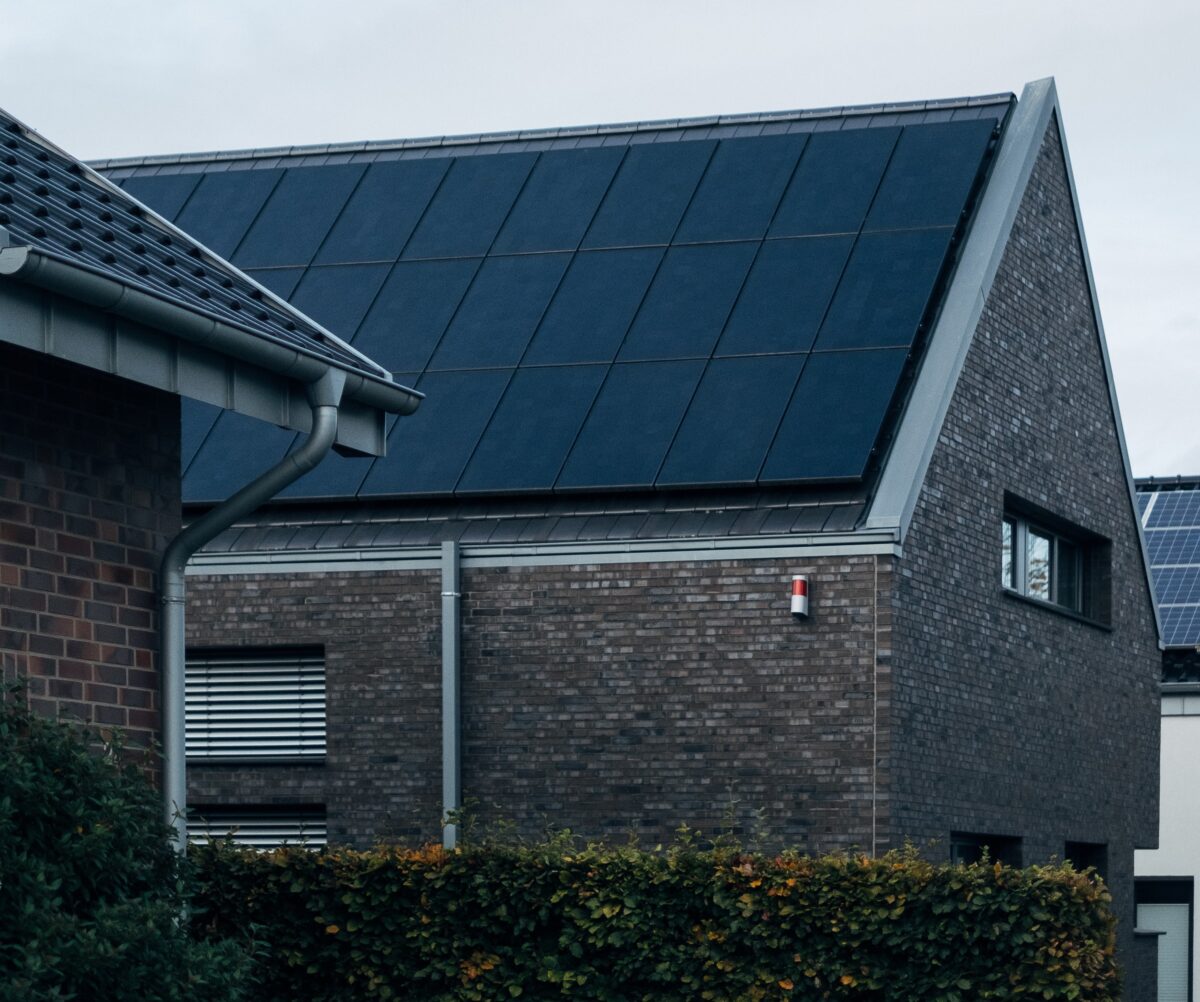The European Commission published its legal framework for renewable energy communities in 2018 and 2019, with the Portuguese government following suit with its own legislation the following year.
But despite the European Union and Portuguese government’s best efforts to kickstart the movement, four years on from the first legislative push there are only three energy communities legally operating in Portugal.
Humberto Queiroz revealed to pv magazine that there are another 200 awaiting legal authorization in Portugal’s “time-demanding” regulatory backlog.
“You can have a collective for self-consumption, but to have a formal energy community, this process is very time demanding,” said Queiroz, a researcher at Portugal's Nova School of Science and Technology.
Quiroz, also an engineer employed at Lisbon-based Utility EDP, said it is “general knowledge” that an energy-sharing community must receive a license from the government’s Directorate-General of Energy and Geology (DGEG) before it can legally operate in Portugal. Permits usually take over a year to be granted, he said.
This means that hundreds of projects are stalled in these government systems awaiting approval, Quiroz said.
pv magazine asked the DGEG how many energy-sharing projects are in the pipeline and what is the average wait time before they get approved but did not get a response.
One operational energy-sharing community is the 184 MW project located in the western Portuguese coastal community of Cascais. According to the local Cascais government website, formal operations for the €250 million ($273 million) project started on Feb. 24, 2021, with the array generating a quarter of the municipality’s total yearly electricity consumption.
Energy-sharing communities lead to greater public acceptance of renewable energy projects, private investment, lower electricity bills and local job creation, the European Commission states online. A 2023 study reiterated the manifold economic benefits of these systems, saying their results show it is economically feasible for a third party to invest with the right energy prices and payback time.
Popular content
Despite these benefits, Queiroz said the biggest challenge affecting the success of these solar projects is the lengthy permit wait followed by cost and community appetite. “It is up to the people, and how willing they are to invest in solar PVs and batteries, and if they are really interested in that,” he said.
But the draw is that energy savings will be reinvested back into the community, Quieroz said. Those who made money from the scheme can sell surplus electricity back to the community, or use it to power or construct public infrastructure.
Queiroz co-authored a recently published research paper that assessed the energy-sharing coefficients of Portuguese renewable energy communities. The review, based on a set of simulations across public infrastructure, found that time-variable energy-sharing coefficients are the best option for the renewable energy community. Larger consumers integrated into renewable energy communities also garnered bigger benefits, the researchers found.
“These benefits decrease when buildings are allowed to self-consume local generated energy prior to the sharing process as demand inequalities become less important for the computation of the considered sharing coefficients,” the authors said in the paper. “The entire community also presents better performance in this case.”
Queiroz also firmly believes in these communities fighting energy poverty. Not only are consumers' energy bills slashed, but they can use this relieved money to pay for other important goods, such as healthcare and food, he said.
Queiroz's findings are included in the paper “Assessment of energy sharing coefficients under the new Portuguese renewable energy communities regulation“, published last month in Heliyon.
Portugal’s energy makeup for 2022 consisted of mostly oil (42%) followed by natural gas (22%), biomass 15%, electricity (14) and “other” (5.3%), according to the DGEG’s website. The country recorded an estimated 2.5 GW installed capacity at the end of last year, according to the most up-to-date statistics provided by the International Renewable Energy Agency (IRENA).
This content is protected by copyright and may not be reused. If you want to cooperate with us and would like to reuse some of our content, please contact: editors@pv-magazine.com.


By submitting this form you agree to pv magazine using your data for the purposes of publishing your comment.
Your personal data will only be disclosed or otherwise transmitted to third parties for the purposes of spam filtering or if this is necessary for technical maintenance of the website. Any other transfer to third parties will not take place unless this is justified on the basis of applicable data protection regulations or if pv magazine is legally obliged to do so.
You may revoke this consent at any time with effect for the future, in which case your personal data will be deleted immediately. Otherwise, your data will be deleted if pv magazine has processed your request or the purpose of data storage is fulfilled.
Further information on data privacy can be found in our Data Protection Policy.